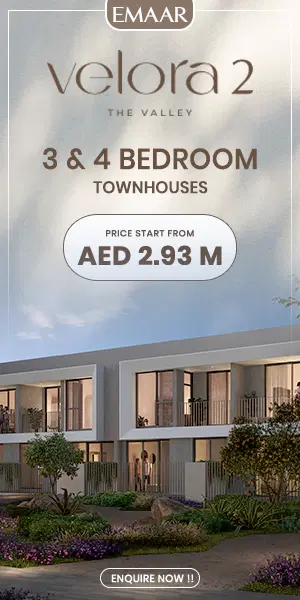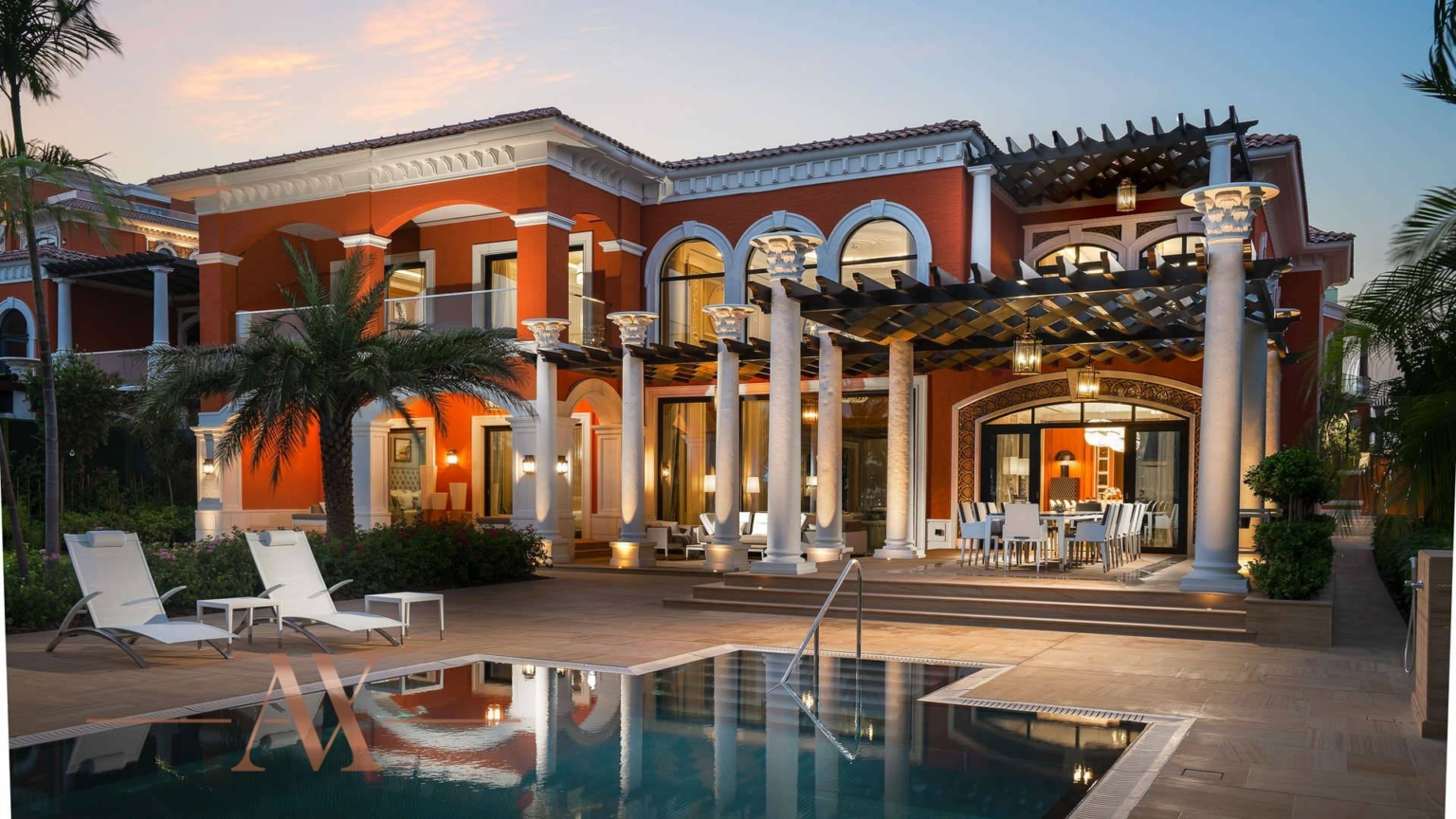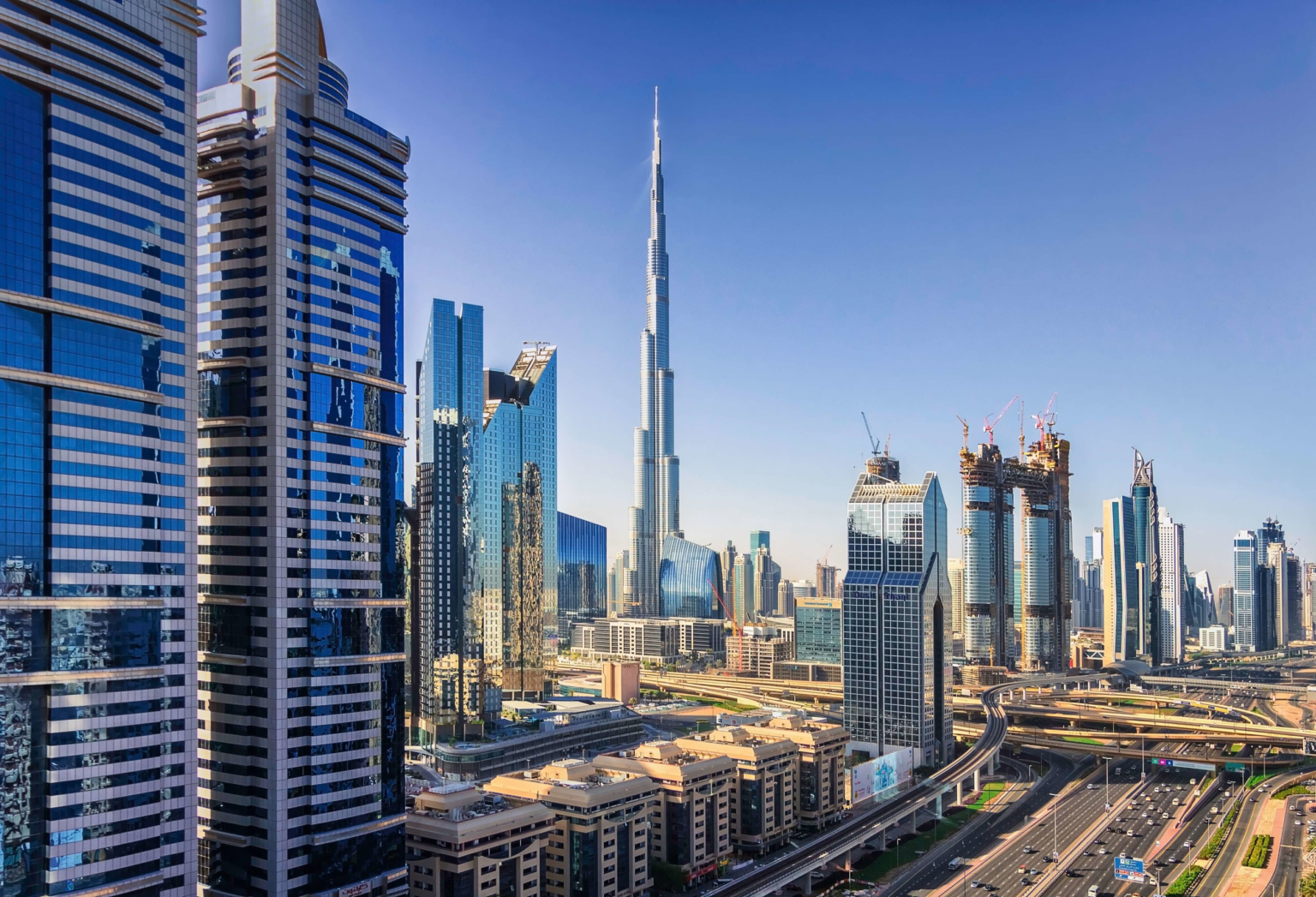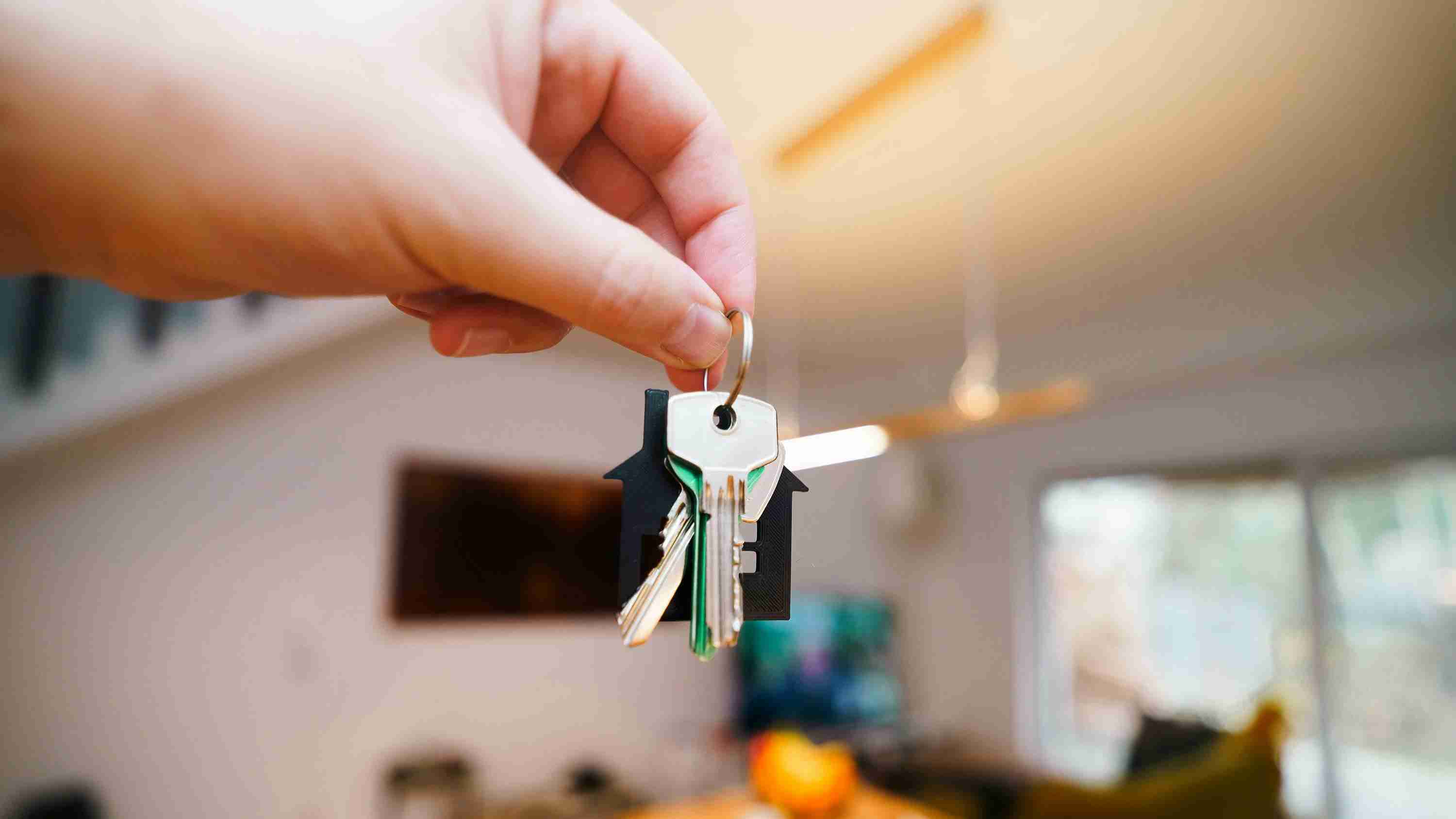How to Identify Dubai Properties With Strong Subleasing Potential in 2025
Subleasing in Dubai has become one of the most talked-about strategies among investors in 2025. With rising demand for flexible living arrangements, the concept offers a smart way to maximize property ROI while diversifying rental income streams.
More buyers are seeking properties with sublease potential Dubai to attract tenants who value short-term or semi-permanent living options. At the same time, Dubai subleasing laws have matured to give clearer guidelines, making the process safer for both landlords and subtenants.
For investors, sublease rent Dubai represents a way to earn higher yields without long-term tenant risk. For families and lifestyle buyers, it creates flexibility to offset mortgage costs while retaining a primary home.
Whether considering Dubai investment properties subleasing for the first time, or upgrading an existing portfolio, the key is to know which properties, locations, and legal structures offer the best advantage.
Legal Landscape of Subleasing in Dubai — What You Must Know
The first step in finding properties with strong subleasing potential is understanding the Dubai subleasing regulations 2025. Subleasing in Dubai refers to renting a property or part of it to another party when you are already a tenant or owner with leasing rights.
Under Dubai Law No. 26 of 2007 and Law No. 33 of 2008, subleasing is legal only if the landlord gives explicit written permission. Lease contract sublease Dubai clauses must clearly mention the right to sublease. Without such a clause, unauthorized subleasing may lead to eviction, fines, or contract termination.
Key Points to Remember
Always obtain written consent from the landlord.
Ensure the sublease contract matches RERA and Dubai Land Department templates.
Unauthorized subleasing can void tenancy agreements.
Is Subleasing Legal in Dubai?
Yes. Subleasing is legal in Dubai as long as you follow the rules set by the Dubai tenancy laws. Under Law No. 26 of 2007 (as amended by Law No. 33 of 2008), tenants can sublease their property only if:
The original lease contract explicitly allows subleasing, or
The landlord (or property owner) provides written approval permitting it.
The approval must be clear, dated, and ideally registered with the Dubai Land Department or RERA to make it enforceable. This protects you legally, because if any dispute arises with the subtenant, you can show that your sublease was authorized.
By obtaining written permission and drafting a proper sublease agreement, you comply with Dubai subleasing laws and avoid conflict with landlords or regulatory bodies. This legal foundation also makes the property more attractive to investors who want flexibility and a steady rental income stream.
What Happens if I Sublease without Permission?
If you sublease without your landlord’s approval or without a subleasing clause in your tenancy contract, you are violating Dubai tenancy laws. The consequences can include:
Eviction: The landlord can file a case with the Rental Dispute Settlement Centre (RDSC) to evict you and the subtenant.
Contract termination: Your tenancy contract may be legally terminated, meaning you lose all rights to the property.
Fines and penalties: Dubai Municipality and RERA can impose penalties for unauthorized subleasing.
Legal liability: If your subtenant damages the property or fails to pay rent, you remain fully responsible to the landlord.
Unauthorized subleasing also exposes your subtenant to risk. They may have to vacate the property immediately, and they may lose deposits or advance rent paid to you.
Why This Legal Clarity Matters?
Because Dubai’s rental market is tightly regulated, understanding and following subleasing rules protects both landlords and subtenants. Landlords maintain control over who occupies their property, while tenants and investors gain confidence knowing their sublease arrangement is lawful. This legal clarity creates a stable environment for subleasing as an investment strategy, letting you market your property transparently and attract reliable subtenants.
Key Property Characteristics that Indicate Strong Subleasing Potential?
When evaluating off-plan properties sublease Dubai, or ready-to-move subleased properties Dubai, start with location. The best locations for subleasing in Dubai include business hubs like DIFC, Dubai Marina, and JLT for professionals, or Academic City and Dubai Silicon Oasis for students. Proximity to metro lines, major highways, and workplaces creates a consistent tenant pipeline.
Property types: Apartments, townhouses, and mid-sized villas are favored for subleasing. Smaller one- or two-bedroom apartments near transport links typically yield the fastest occupancy. Villas in tenant-friendly communities like Arabian Ranches 3 or Town Square attract families seeking flexible living.
Community and developer policies: Always verify whether a community allows subletting. Some developers, such as Emaar and Damac, offer flexible leasing guidelines, while others enforce stricter rules.
Amenities that boost demand: Properties with gyms, pools, retail shops, and schools on-site see stronger tenant retention and higher rental bids. These amenities support higher sublease rent Dubai by appealing to short-term professionals and families alike.
Off-Plan vs Ready-to-Move Properties — Which Offers Better Subleasing Opportunities?
Both off-plan and ready-to-move properties have unique advantages for subleasing.
Off-Plan Properties
Lower entry prices and attractive payment plans.
Potential for capital appreciation before handover.
Ability to plan your subleasing strategy in advance.
Risks: Construction delays, changing market conditions, and developer policy changes can affect timelines for sublease revenue.
Ready-to-Move Properties
Immediate rental income.
Established demand and occupancy rates.
Easier due diligence on community rules and subtenant profiles.
Examples of successful subleasing cases in Dubai include investors who bought off-plan studio apartments in Dubai Hills and later sublet them at premium rates due to high demand. Similarly, ready-to-move apartments in Business Bay have provided steady sublease income to owners since 2023.
Investors must weigh off-plan flexibility against ready-to-move certainty when deciding which category aligns with their risk appetite.
Market Research Techniques to Evaluate Subleasing Returns
Evaluating subleasing potential requires solid market research. Start by analyzing rental yields, vacancy rates, and subtenant demand across your target communities. Tools like RERA reports provide real-time rental trends and subtenant behavior patterns.
Key Metrics
Average rent per square foot.
Occupancy rates over the last 12 months.
Subtenant demographics and demand cycles (professionals, students, tourists).
Below is a comparison table of average sublease rental yields across popular Dubai communities in 2025:
Community | Average Annual Rent (AED) | Average Sublease Yield (%) | Vacancy Rate (%) | Typical Subtenant Profile |
85,000 | 7.5% | 6% | Young professionals | |
75,000 | 7.2% | 8% | Corporate tenants | |
60,000 | 8.0% | 5% | Families, remote workers | |
Academic City | 55,000 | 7.8% | 4% | Students, faculty |
50,000 | 7.9% | 5% | Tech workers |
By comparing communities side-by-side, investors can pinpoint which properties offer higher ROI and faster tenant acquisition.
Best Practices for Securing and Managing Properties with Subleasing Potential
Once you identify a promising property, focus on lease negotiation and management strategies.
Negotiating Lease Terms
Ask the landlord or developer to include a sublease clause upfront.
Request flexible lease durations that match your subleasing cycle.
Secure written approval from the developer’s community management team.
Selecting Tenant-Friendly Communities
Choose developments known for lenient subleasing policies and strong demand from expats. Communities such as Dubai Hills Estate, Downtown Dubai, and Town Square rank high on investor lists.
Leveraging Property Management Services
Professional property managers handle tenant screening, legal documentation, and maintenance. This service ensures compliance with subtenant rights Dubai and minimizes operational headaches.
Marketing to Subtenants
List your property on high-traffic portals.
Highlight unique amenities and flexible lease terms.
Use social media channels to reach niche tenant groups.
By adopting these best practices, investors can maximize returns and protect themselves legally in Dubai’s dynamic sublease market.
Risks and Legal Challenges to Consider in Dubai Subleasing
Even with the right property and location, subleasing carries risks. Common pitfalls include unauthorized subleases, breaches of lease terms, and eviction threats. Investors must also comply with community bylaws and RERA regulations, which can vary by development.
Mitigation Strategies
Conduct due diligence before signing the main lease or buying the property.
Work with legal advisors familiar with Dubai subleasing laws and subtenant rights Dubai.
Draft a clear sublease agreement outlining rent, responsibilities, and dispute resolution.
By proactively addressing these risks, investors can avoid costly mistakes and build a sustainable subleasing business model.
Conclusion
Identifying Dubai properties with strong subleasing potential requires a balance of legal knowledge, market research, and practical negotiation. The strongest indicators include location near high-demand hubs, property types aligned with tenant demographics, clear legal permissions, and robust market demand.
Subleasing in Dubai has evolved from a niche strategy into a mainstream investment tool for 2025. By focusing on Dubai subleasing laws, community guidelines, and tenant preferences, investors can turn properties into profitable assets. Whether you prefer off-plan properties sublease Dubai opportunities or ready-to-move investments, the key lies in preparation and due diligence.
Frequently Asked Questions
Can I sublease my property without landlord permission in Dubai?
No. Subleasing without permission can lead to eviction and contract termination under Dubai tenancy laws.
Which property types are most sublease-friendly?
Apartments near metro lines, mixed-use communities, and mid-size villas are typically the most sublease-friendly options.
What legal documents are needed for a sublease agreement?
A valid tenancy contract with a sublease clause, landlord’s written approval, and a registered sublease agreement with RERA or Dubai Land Department.
How do subtenant rights work in Dubai?
Subtenants gain rights under their sublease agreement but must comply with all terms of the original lease and community rules.
What communities offer the best rental yields for subleasing?
Areas such as Dubai Marina, JLT, and Business Bay consistently produce high rental yields and strong subtenant demand.









